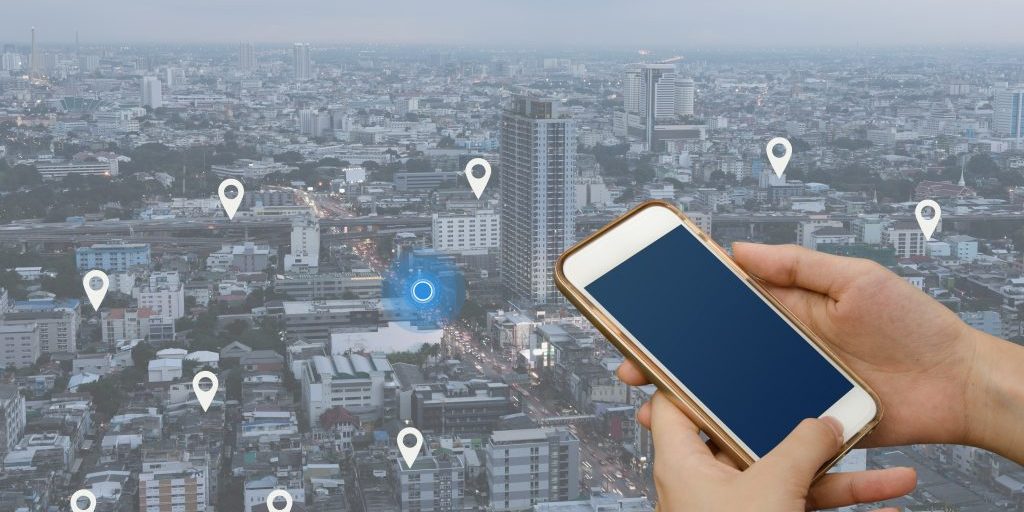Supreme Court Weighs Privacy of Cellphone Location Data
BY Brendan Conley

LISTEN
The U.S. Supreme Court heard oral arguments November 29 in a major case involving the privacy of cellphone location data. During argument, several justices pushed back on the government’s position that prosecutors or police should be able to obtain cellphone location data for individual users from a service provider without a warrant.
“Most Americans, I still think, want to avoid Big Brother,” said Justice Sonia Sotomayor.
In the case, Carpenter v. United States, Timothy Carpenter was convicted of several robberies based in part on data that his cellular carrier provided, showing his whereabouts when the crimes took place.
The court must decide how to apply the Fourth Amendment to the digital age.
A central issue in the case is the Fourth Amendment principle that there is not a reasonable expectation of privacy when people choose to voluntarily provide information to a third-party. Chief Justice John Roberts questioned whether providing information to a cellphone service provider is actually voluntary. “You really don’t have a choice these days if you want to have a cellphone,” he said.
Experts said the court’s decision in the case could have far-reaching effects.
Lawrence Friedman, a professor of Constitutional Law at New England Law in Boston, said the third-party doctrine needs to be reevaluated for the digital age. “The oral arguments in the Carpenter case suggest the justices are struggling with how to interpret the Fourth Amendment in the information age, and are rightly concerned about the third-party doctrine’s corrosive effect on privacy,” he said. “The question is really: should we have an expectation of privacy in our cellphone location data? The answer is yes, this data is private and should find protection under the Fourth Amendment. The third-party doctrine stands as an obstacle to this conclusion, which means the Supreme Court needs to think about the implications of the third-party doctrine in an age of digital communication. Given that almost all the information we share with one another is transmitted through, and stored by, third-parties, the doctrine, taken to its logical conclusion, would effectively eviscerate the Fourth Amendment.”
Braden Perry, a litigation, regulatory and government investigations attorney with Kennyhertz Perry, said that the amount of data “voluntarily” given to third parties is significant. “What many individuals don’t know or are blind to is the amount of information you provide the cellphone companies or internet service providers by simply using your phone,” he said. “If the Supreme Court rules that there is no expectation of privacy in information provided to these companies, it is a setback for those interested in protecting personal data.”
According to Jake Laperruque, Senior Counsel at The Constitution Project, a ruling for Carpenter may raise questions that Congress will have to address. “Location data is extremely sensitive, and the Court seems prepared to act to protect this sensitive information from pervasive government surveillance,” he said. “In the likely event that Carpenter prevails, Congress will need to act to provide clarity and clear boundaries and rules on government access to location data. A positive ruling would be a huge victory for privacy rights, but will bring a host of questions on cell-site tracking, stingrays, and even newly evolving tracking techniques such as facial recognition.”
LATEST STORIES



